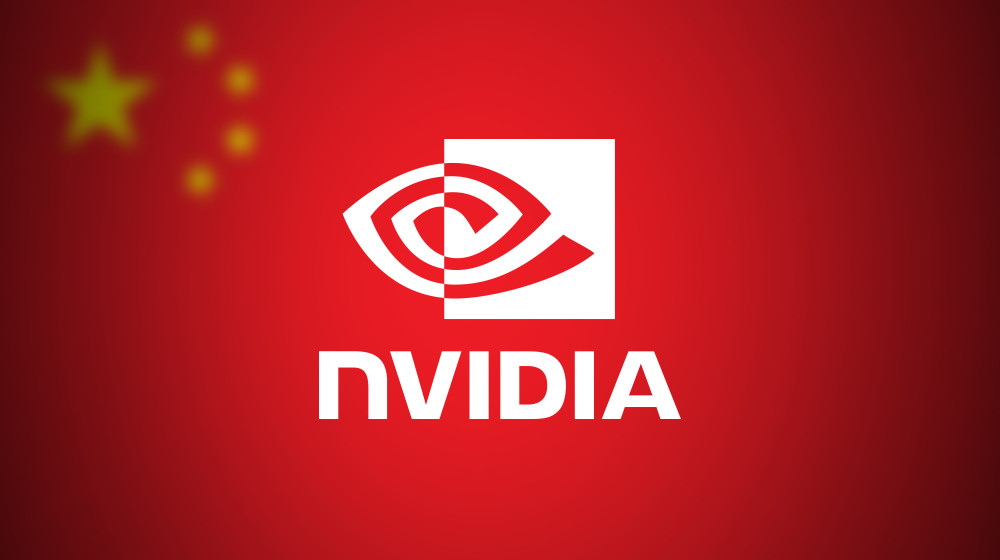
US found new weapon in the cold war against Russia
(ORDO NEWS) — Leading US chip makers have announced restrictions on the sale of GPUs to Russia and China, according to the New York Times. The authors of the article note that Washington’s new measure is another tool to deter competitors.
Silicon Valley chip makers Nvidia and AMD have confirmed federal restrictions on the sale of high-performance GPUs for supercomputing and artificial intelligence.
The Biden administration has imposed new restrictions on the sale of a range of advanced computer chips to China and Russia. This is yet another attempt by the US government to turn semiconductors into a deterrent to undermine competitors in areas such as high performance computing and artificial intelligence.
The new restrictions will affect GPUs from Nvidia and Silicon Valley’s Advanced Micro Devices. They were originally developed for image processing in video games, but over the past decade have been widely used in the most powerful supercomputers for recognizing speech and objects in photographs.
Supercomputers are also being used to develop weapons and intelligence gathering, and in China, to spy on the Muslim minority. In addition, artificial intelligence is increasingly being used to recognize faces in video images.
The new restrictions are another element of the cold war between China and the United States for superiority in advanced technologies. The Biden administration has built on his predecessor Donald Trump’s crackdown on Chinese companies like Huawei and expanded it to export advanced chips and manufacture semiconductors overseas. China has developed a lot of chips on its own, but the most advanced models are made in factories in Taiwan.
On Wednesday, Nvidia and AMD announced the new restrictions were in effect.
Nvidia, the world’s largest GPU maker, said it would now require an export license to sell the two high-performance datacenter chips. The government says this will eliminate the risk of them being used in China and Russia for military purposes.
Nvidia has many customers in China, but exports to Russia have stopped. The new measures will affect an industry that brought in about $400 million in revenue in the last fiscal quarter, the company said.
AMD said that the measures taken will affect the sales of one of the high-performance graphics processors to China and Russia, but at the same time assured that they will not have a significant impact on the business.
China’s Ministry of Commerce on Thursday accused the US of abusing export controls and warned that the move “would interfere with international scientific and technological exchange and economic cooperation and undermine the stability of global industry and supply chains, and slow down the recovery of the global economy.”
A spokesman for the Chinese Foreign Ministry called Washington’s actions “typical scientific and technological hegemony.”
However, it looks like the US government’s measures don’t end with Nvidia and AMD. Other companies have received similar letters in recent weeks about restricting high-tech exports to China, including makers of design software, a source familiar with the matter said on condition of anonymity.
The US Department of Commerce is reviewing its policy on China and may take new measures to keep cutting-edge technology from falling into the wrong hands, a spokesman said.
While not specifically commenting on restrictions on chip exports, he said future moves are designed to prevent China from acquiring US technology and using it in a civil-military synthesis for “military modernization, human rights violations, and other malign activities.”
Over the past few years, the US Department of Commerce’s Bureau of Industry and Security has tightened restrictions on the supply of certain US technologies to China. According to him, these goods came through civilian supply chains, but ended up being used for military purposes - for the production of weapons, aircraft and surveillance and surveillance technologies. Companies can request a license to sell restricted goods to certain customers, but most of these applications are rejected. Nvidia and AMD said in statements that they usually do not expect to receive licenses.
AMD announced that the new measures will affect a product called MI250. Nvidia has said the embargo covers the A100 and H100 chips, which are expected to be available later this year. The company added that the restrictions could delay development of the H100 and hurt support for existing A100 customers. Finally, part of the business operations will have to be transferred from China.
The restrictions come at a difficult time for Nvidia. Demand for GPUs for video games and cryptocurrency mining plummeted, and in early August, the company reported that quarterly revenue was well below its May forecast.
On Wednesday evening, after Nvidia confirmed new government restrictions previously reported by Chinese news outlets, its shares fell more than 6%.
—
Online:
Contact us: [email protected]
Our Standards, Terms of Use: Standard Terms And Conditions.









